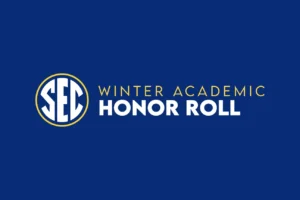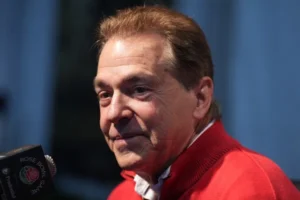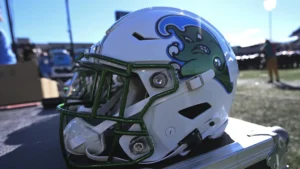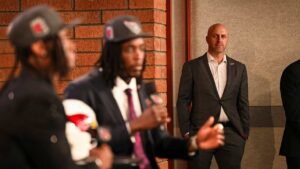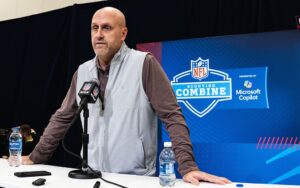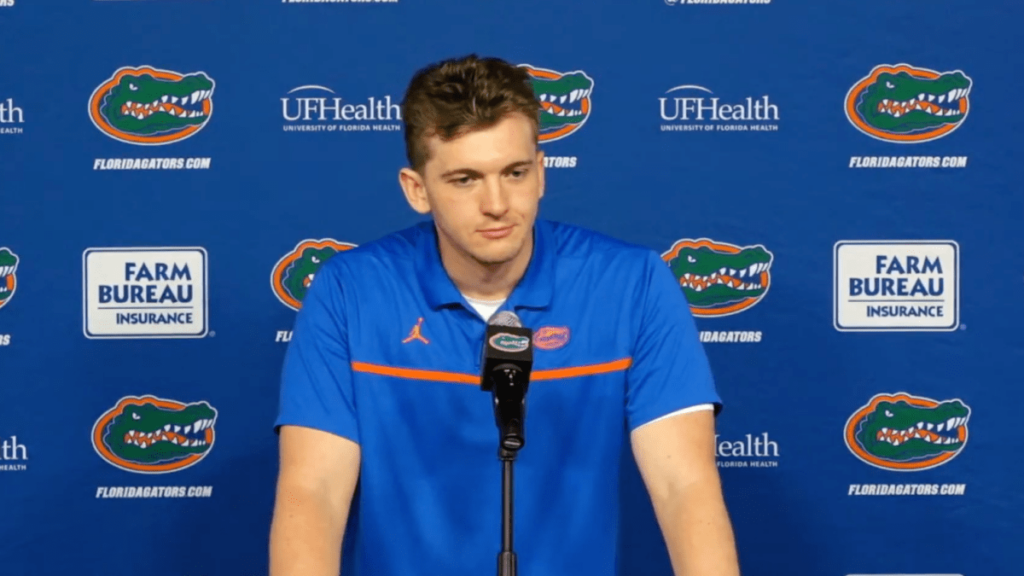
Harrison Bailey, the former quarterback for the Tennessee Vols, is questioned regarding the Nico Iamaleava incident.
The world of college football is no stranger to drama, especially when it involves quarterbacks—the leaders on the field and often the faces of their programs. One such drama unfolded at the University of Tennessee, where two quarterbacks, Harrison Bailey and Nico Iamaleava, found themselves at the center of a controversy that would captivate fans and analysts alike.
Harrison Bailey: From Tennessee to Louisville
Harrison Bailey’s journey through college football has been anything but conventional. A highly touted recruit from Marietta, Georgia, Bailey’s early years at Tennessee were marked by high expectations and a fair share of challenges. Despite his potential, he found himself in a competitive quarterback room, leading to limited playing time.
In search of more opportunities, Bailey transferred to UNLV before eventually committing to Louisville. His tenure at Louisville began with a bang, as he was named the MVP of the Tony the Tiger Sun Bowl, showcasing his resilience and skill.
Nico Iamaleava: The Rising Star
Nico Iamaleava’s arrival at Tennessee was met with great fanfare. As a five-star recruit, he was expected to be the future of the Volunteers’ offense. His early performances showed flashes of brilliance, and many believed he would soon take the reins as the starting quarterback.
However, as the 2025 season approached, rumors began to swirl about Iamaleava’s commitment to the program. Speculation intensified when he was notably absent from spring practices, leading to questions about his future at Tennessee.
The Incident Unfolds
The situation took a dramatic turn when reports emerged suggesting that Iamaleava had engaged in contract negotiations with the university, potentially seeking a more lucrative NIL (Name, Image, and Likeness) deal. This move was unprecedented, as it marked the first time a college football player had effectively held out of spring practice over NIL contract terms.
The news sent shockwaves through the college football community. Analysts and fans debated the implications of such actions, questioning the ethics and future of NIL in college sports.
Harrison Bailey’s Perspective
Amidst the unfolding drama, Harrison Bailey was approached for his thoughts on the situation. Having experienced the pressures of being a highly recruited quarterback, Bailey offered a unique insight into the challenges faced by young athletes in today’s college football landscape.
Bailey emphasized the importance of focusing on the game and the team’s success rather than individual financial pursuits. He acknowledged the evolving nature of college athletics but stressed that maintaining a balance between personal goals and team objectives was crucial for long-term success.
The Broader Implications
The incident involving Iamaleava and the subsequent reactions from figures like Bailey highlight the shifting dynamics in college football. The introduction of NIL has undoubtedly changed the landscape, offering athletes new opportunities but also presenting new challenges.
As the situation continues to develop, it serves as a case study for how future generations of college athletes navigate the complexities of fame, fortune, and the game they love.
The saga of Harrison Bailey and Nico Iamaleava is more than just a tale of two quarterbacks; it is a reflection of the evolving nature of college sports. As NIL continues to play a significant role in shaping the experiences of student-athletes, the lessons learned from this incident will undoubtedly influence the narratives of future players.
For now, both Bailey and Iamaleava continue their respective journeys, each facing their own set of challenges and opportunities. Their stories, intertwined by circumstance and choice, serve as a testament to the ever-changing world of college football.
